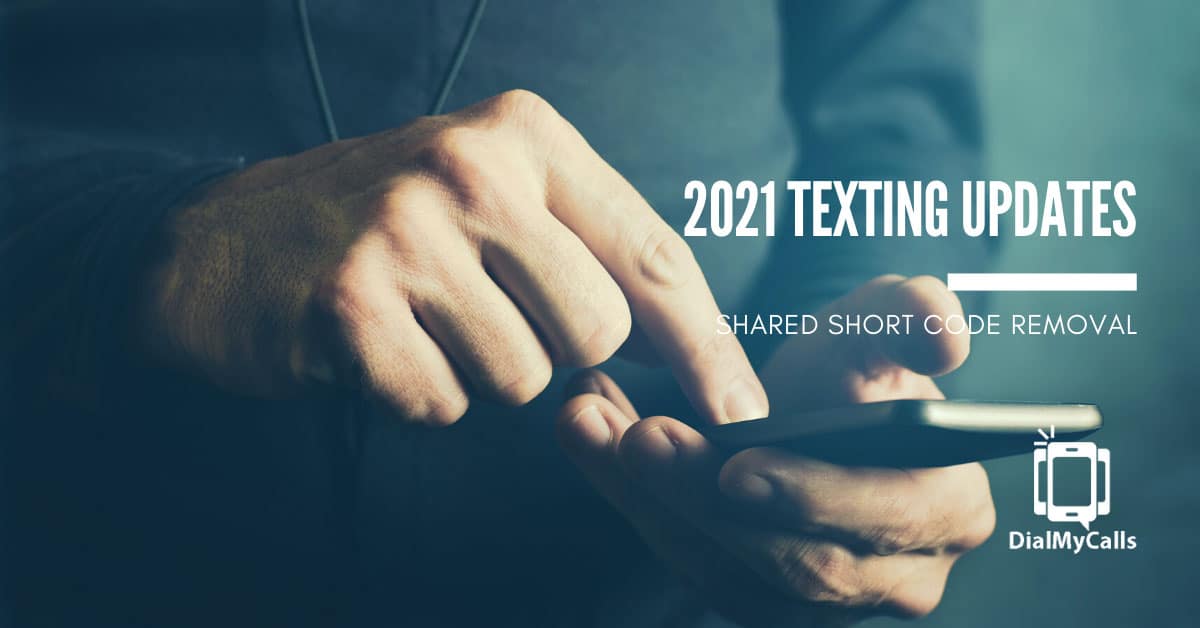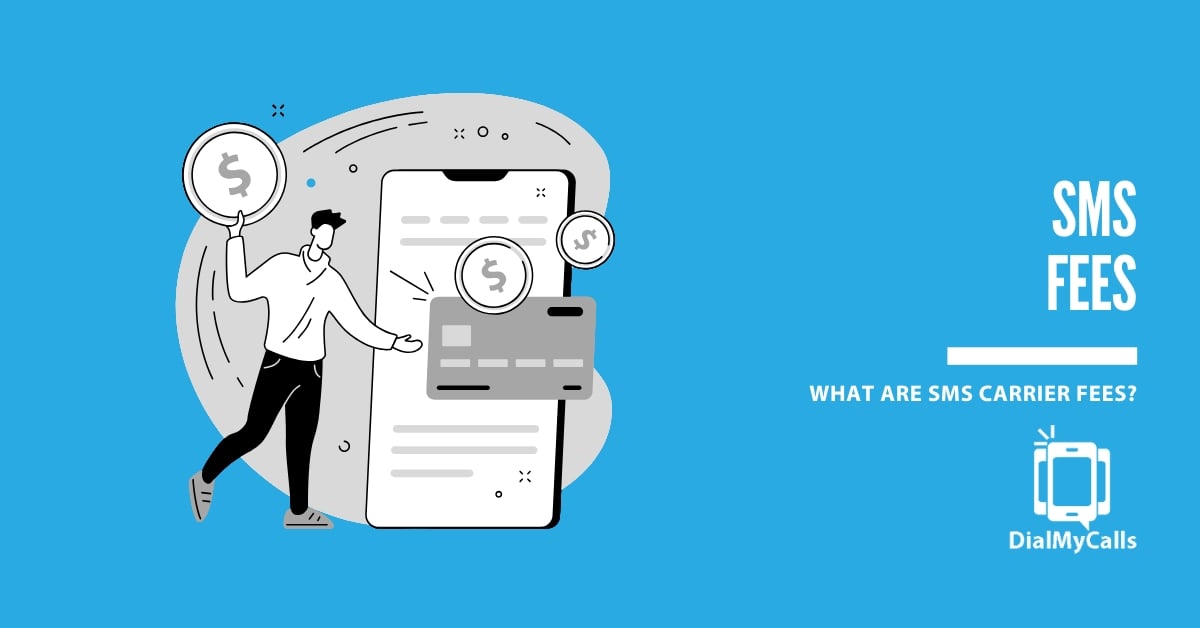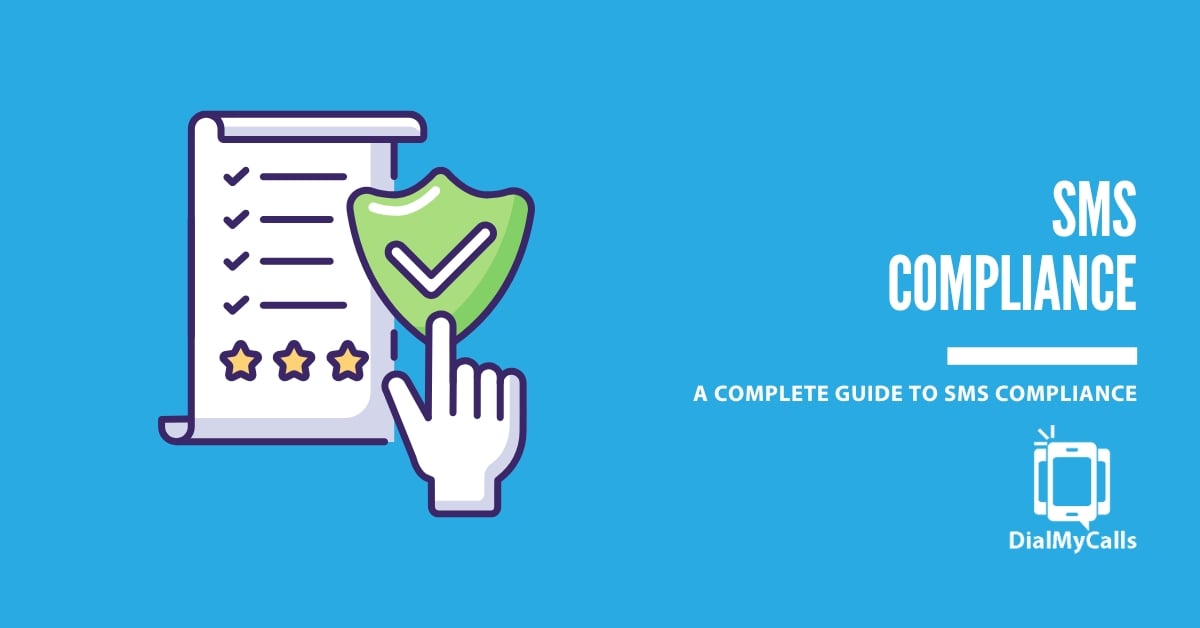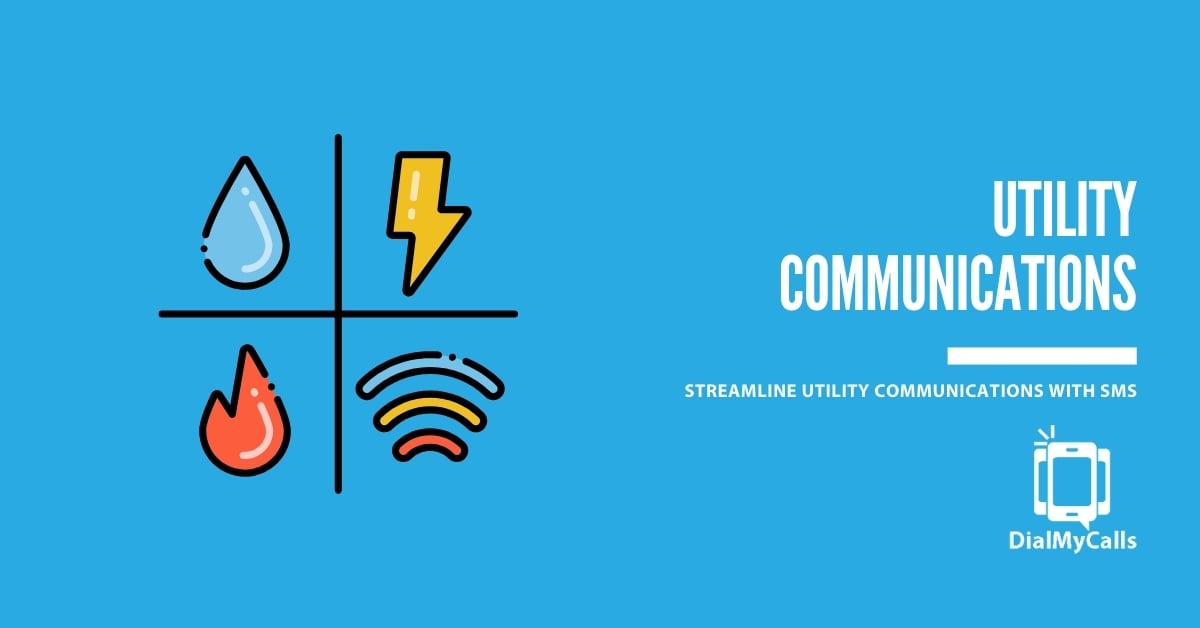Author
Tim Smith is the Media Manager at DialMyCalls, where he has leveraged his expertise in telecommunications, SaaS, SEO optimization, technical writing, and mass communication systems since 2011. Tim is a seasoned professional with over 12 years at DialMyCalls and 15+ years of online writing experience.
Try Using DialMyCalls Right Now
Start For FreeRecent Posts
- SMS Marketing Metrics: How to Measure and Improve Your Text Campaign’s Success
- What are SMS Carrier Fees and How to Lower Your Costs
- 8 Creative SMS Marketing Ideas to Boost Engagement This Summer
- 15 Ways to Use QR Codes For Event Promotion & Attendee Engagement
- Top 6 Automated Calling Service Providers For Your Business
Categories
“I am a youth minister and have spent hours in the past calling students individually to remind them of an upcoming event or to get out an urgent announcement. With DialMyCalls.com, I cut that time down to about 1 minute. I also love how I can see exactly who answered live and how long they listened so I know if they heard the whole message. DialMyCalls.com is the best website I have stumbled upon all year! Thanks!”
Central Baptist Church
Try Using DialMyCalls Right Now
Start For FreeUnderstanding Shared Short Codes, Why They’re Being Eliminated, and What to Do About It
Posted by Tim Smith in General Post on March 11, 2021
Updated on September 4, 2024

Industry Changes to Shared Short Code Text Messages
As of June 1, 2021, major wireless carriers will discontinue shared short codes for all texting providers – DialMyCalls will have to stop customers from using our shared short code, 80123, to send out text message broadcasts. We have implemented a better text messaging option, toll-free numbers, which are available right now to use. This change affects ALL text message providers and is being implemented and enforced by the wireless carriers.
How Will This Short Code Change Help Me?
Using the FREE toll-free number that we have provided you, you are now the only user using this telephone number. If you are a user of our 2-Way text messaging, you will see an improved accuracy level with inbound messages. The reason for this is you are no longer sharing the same short code number with other DialMyCalls customers – you have your very own toll-free number! In addition to improved accuracy on inbound messages and your own toll-free number to text with, you can upgrade the free toll-free texting number to add voice capabilities for a minimal fee.
What Happens to DialMyCalls SMS Keyword(s) before June 1, 2021?
- All SMS Keywords: No new keywords will be able to be added to your account.
- Purchased Keywords: Customers that have purchased keywords (monthly, bi-annual, annual) will no longer be billed, effective immediately. Purchased keywords will remain in your account.
Can I Still Receive Opt-ins and Text Message Replies to My Current Keyword(s)?
When text message carriers (wireless service providers) eliminate shared short codes, you will still be able to receive SMS keyword opt-ins and two-way text messages in your DialMyCalls account. If you currently have an active SMS keyword that you receive contact list opt-ins for or are presently receiving incoming texts to a keyword, they will both still occur AFTER the June 1, 2021 shared short code cutoff date.

Understanding Shared Short Codes: The Basics
So, what is a shared short code? It’s exactly what it sounds like! Due to the aforementioned high cost of short codes, some companies and businesses choose to share a single short code number. This allows them to benefit from the power of a short code, while avoiding the steep costs of having their own, dedicated SMS short code.
By using advanced messaging applications like DialMyCalls and filtering SMS messages by unique SMS keywords, multiple companies could easily share the same short code, and manage their promotional traffic in a simple, intuitive way. Toll-free vanity numbers are instead unique to the customer, nobody else is using that unique number to send out text messages which is why they are a better option to utilize.

Why Are Shared Short Codes Being Eliminated?
There are a few different reasons that telecom providers like AT&T and T-Mobile are eliminating shared short codes. Let’s take a look at each one now:
Spam prevention – Spam prevention is likely one of the main reasons that shared short codes are being eliminated. Spam phone calls and SMS text messages were worse than ever in the past few years, with more than 30.1 billion robocalls being made in 2017 alone.
Alongside robocalls, spam text messages – which are often phishing scams meant to steal your identity – are becoming more common. And, unfortunately, due to the cost-effectiveness of using a shared short code, and the ability to hide the entities using a single short code, most of these messages were sent using shared short codes. Because of this, it seems likely that the elimination of shared short codes is, at least in part, an anti-spam measure.
Enhanced short code reliability – When wireless carriers detect spam messages, the entire short code is blocked.
This means that legitimate businesses who happened to share a short code with a spammer may have their offers and promotional messages blocked – and they won’t even know why.
Eliminating shared short codes will address this issue, as each business entity must purchase and run their own short code, without sharing it with others. In turn, this enhances the reliability and deliverability of short code SMS messages.
Innovation in 10DLC messaging – The final, and perhaps most important reason for the elimination of shared short codes is innovation in 10DLC (10 digit long code) messaging. The CTIA (Cellular Telecommunications And Internet Association) has decided that, as long as a 10DLC number follows certain rulesets, it can be allowed to transmit A2P (application to person) enterprise messaging.

What Should I Do If I’m Using a Shared Short Code?
Despite the fact that shared short codes are being eliminated for legitimate, good reasons – improving SMS reliability, eliminating spam, and innovating in 10DLC numbers is certain to be beneficial in the future – you may be wondering what you can do now if you’re using a shared short code.
You can continue to use your current shared short codes until June 1, 2021. But if you want to ensure uninterrupted marketing messages, we recommend you start using the free toll-free vanity number that has been added to your DialMyCalls account.
We recognize that this can be expensive – so smaller companies and enterprises may want to consider if long code SMS vanity numbers, despite their current limitations, could be a legitimate alternative.
Wireless carriers are enabling A2P messaging for 10 digit numbers and we will have more information soon regarding the next steps when it comes to sending out text messages via local vanity numbers – for now all of our customers have received a free toll-free vanity number to send out text messages.

Stay Tuned for More Updates About 10DLC!
Given that shared short codes were so important to smaller businesses, we expect that 10DLC will replace them in a timely manner. June 1, 2021 is a rumored release date for A2P messaging from major telecoms and we expect to see more updates soon – so stay tuned for news on 10DLC!


